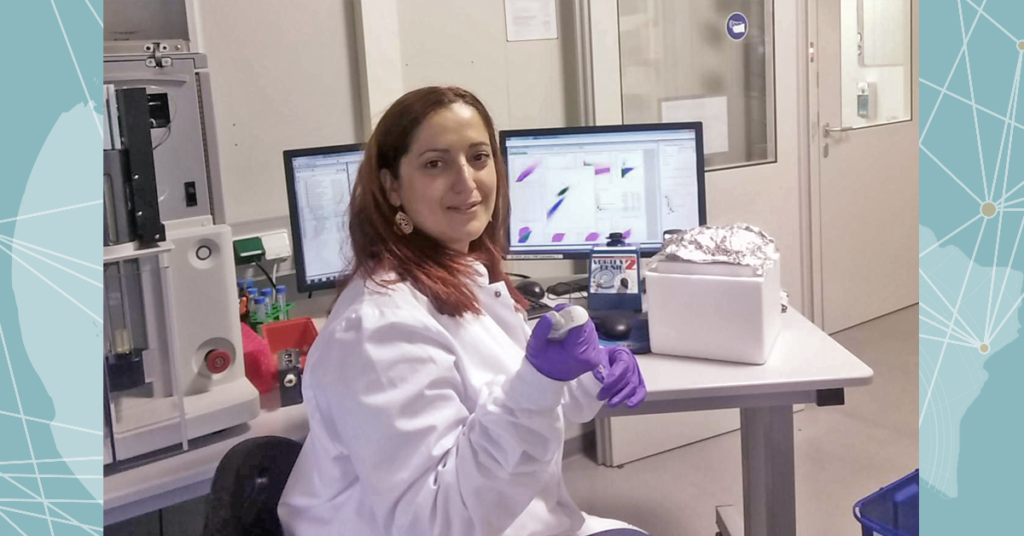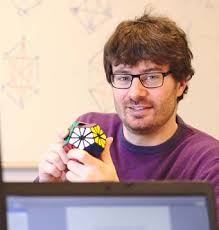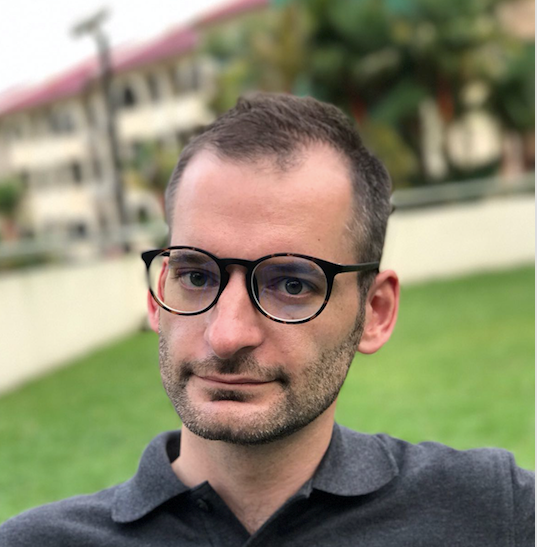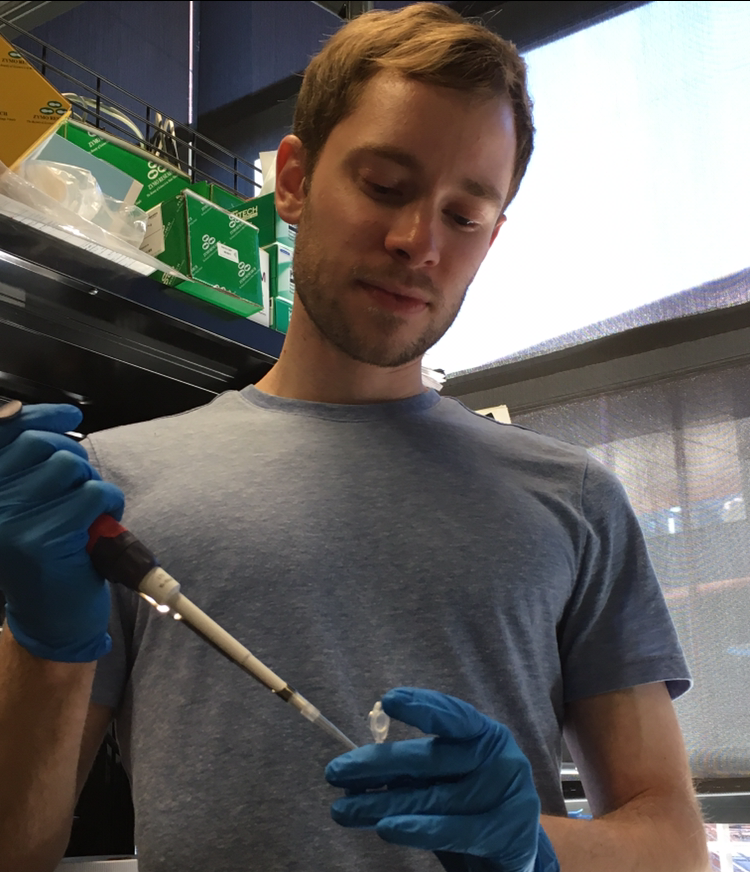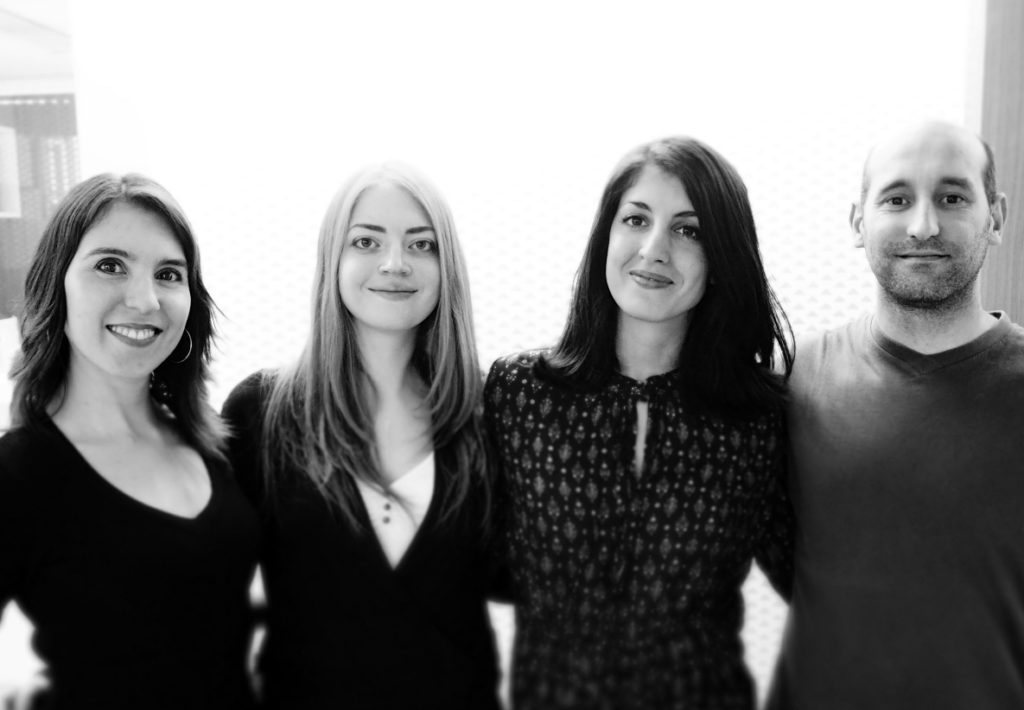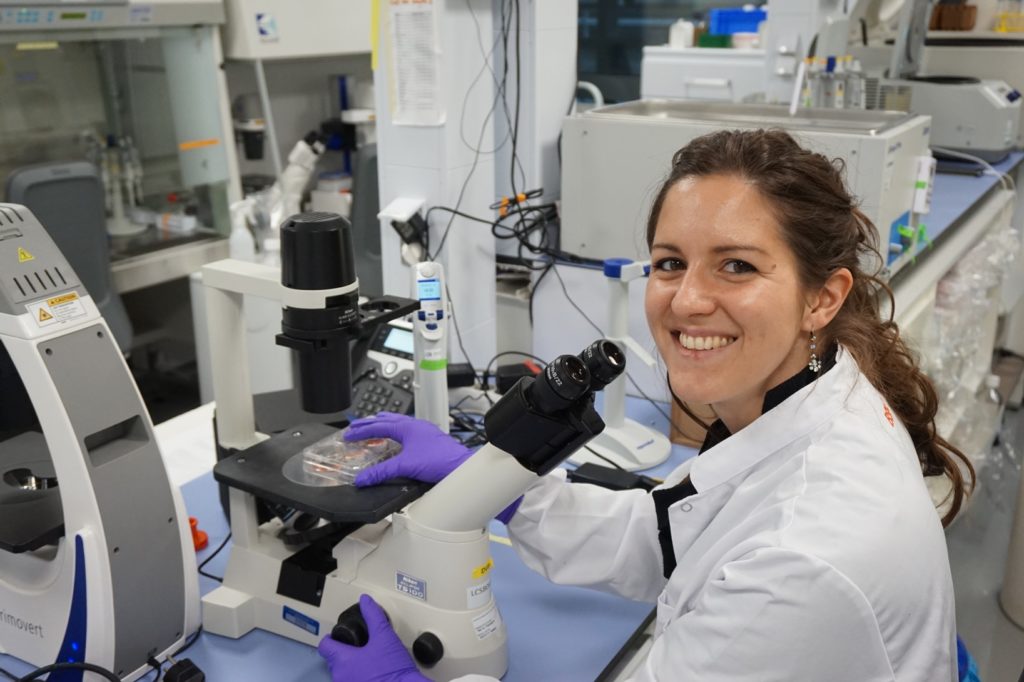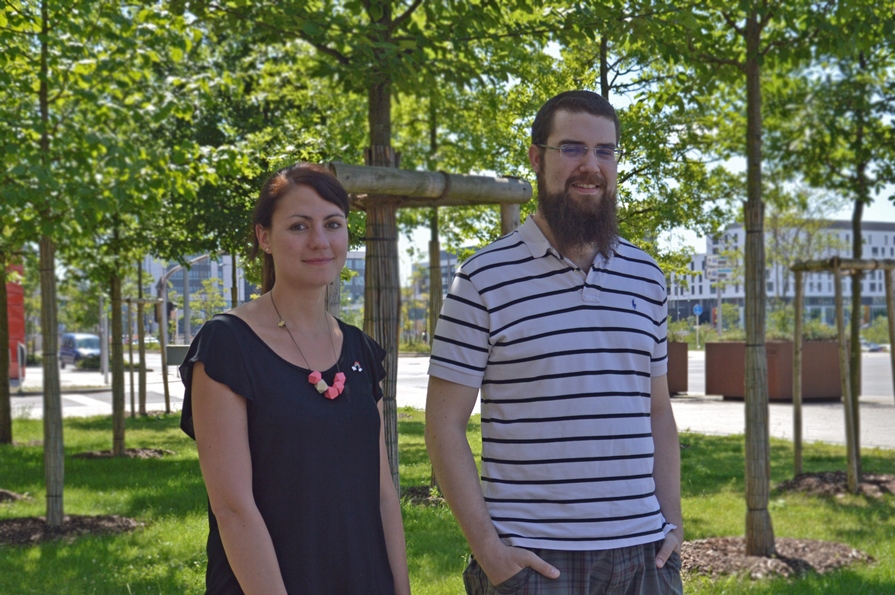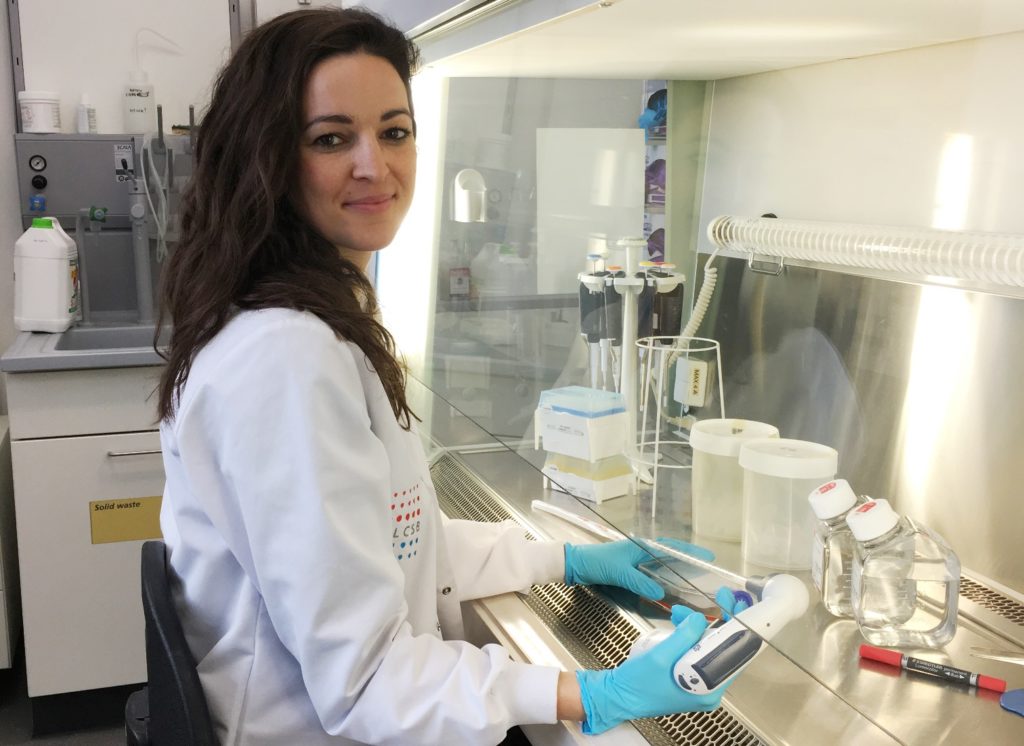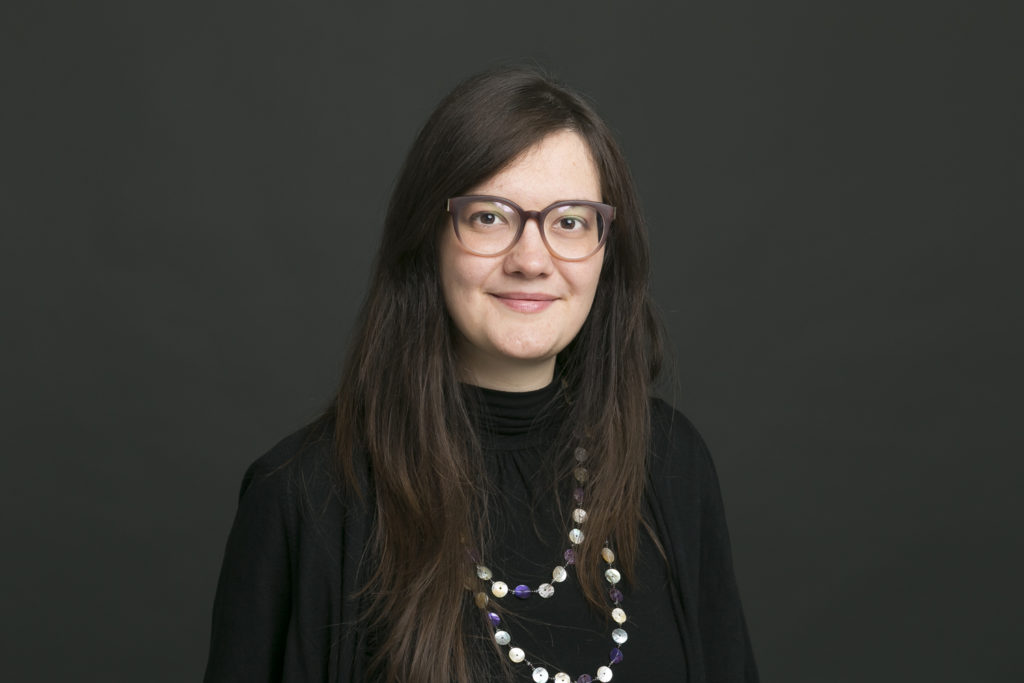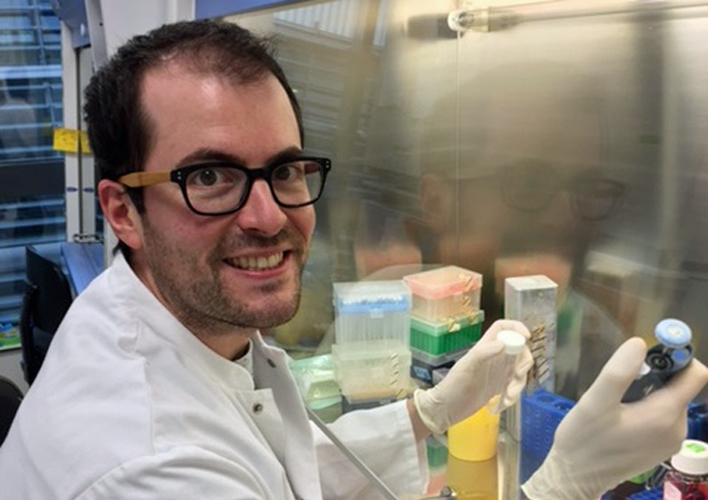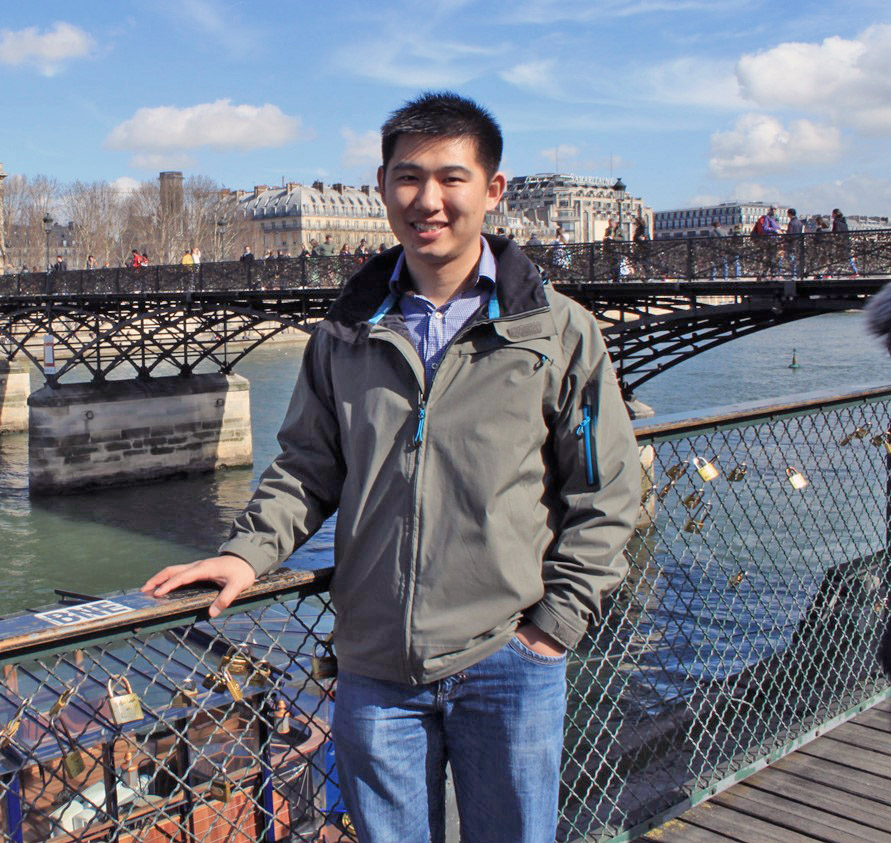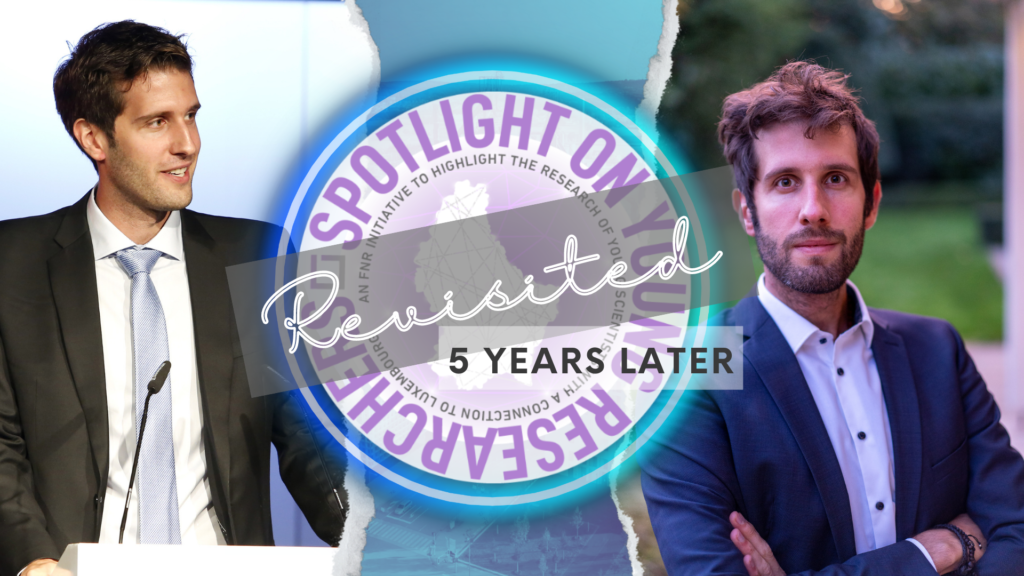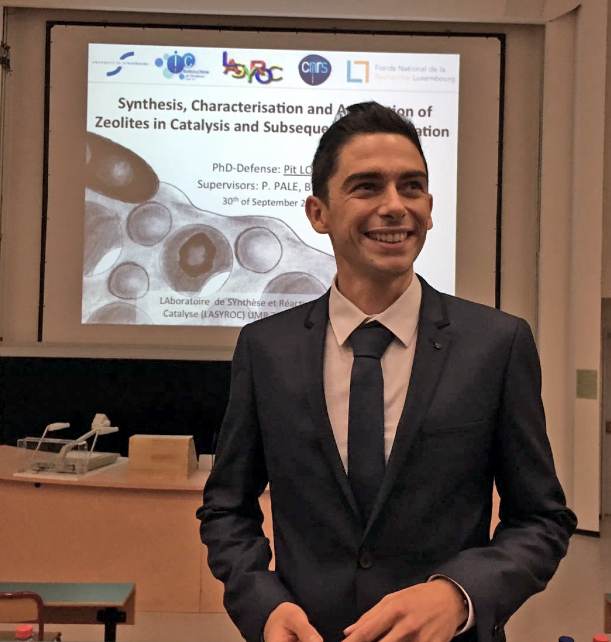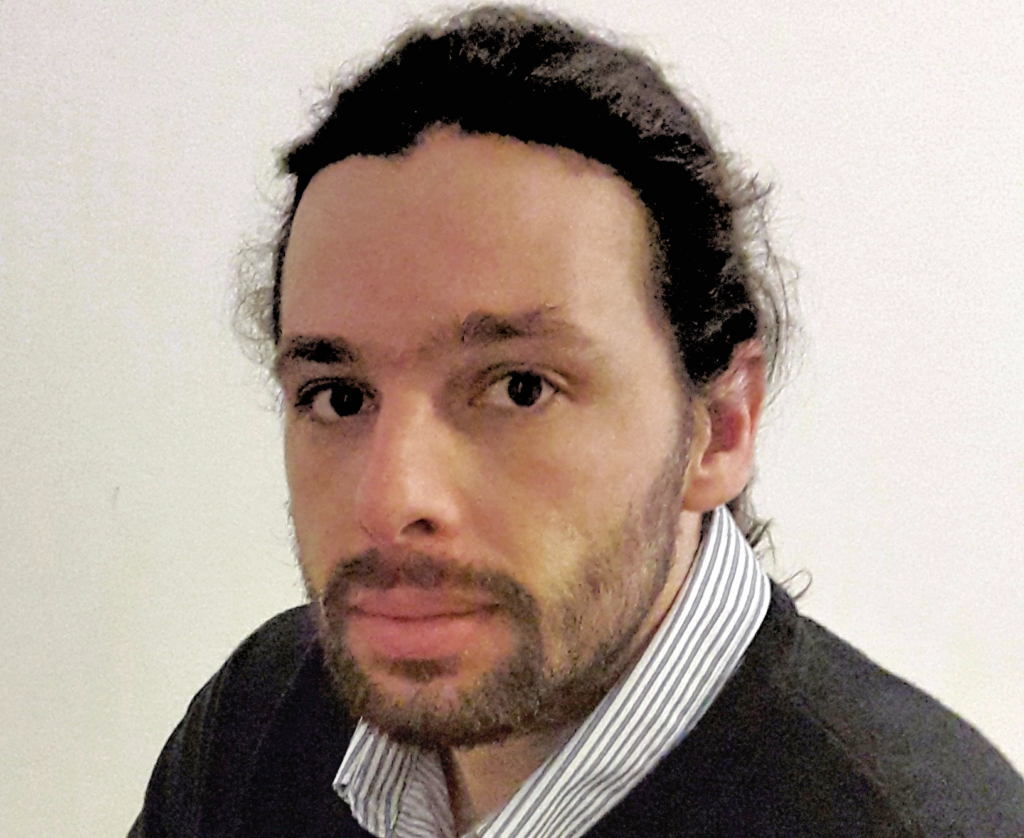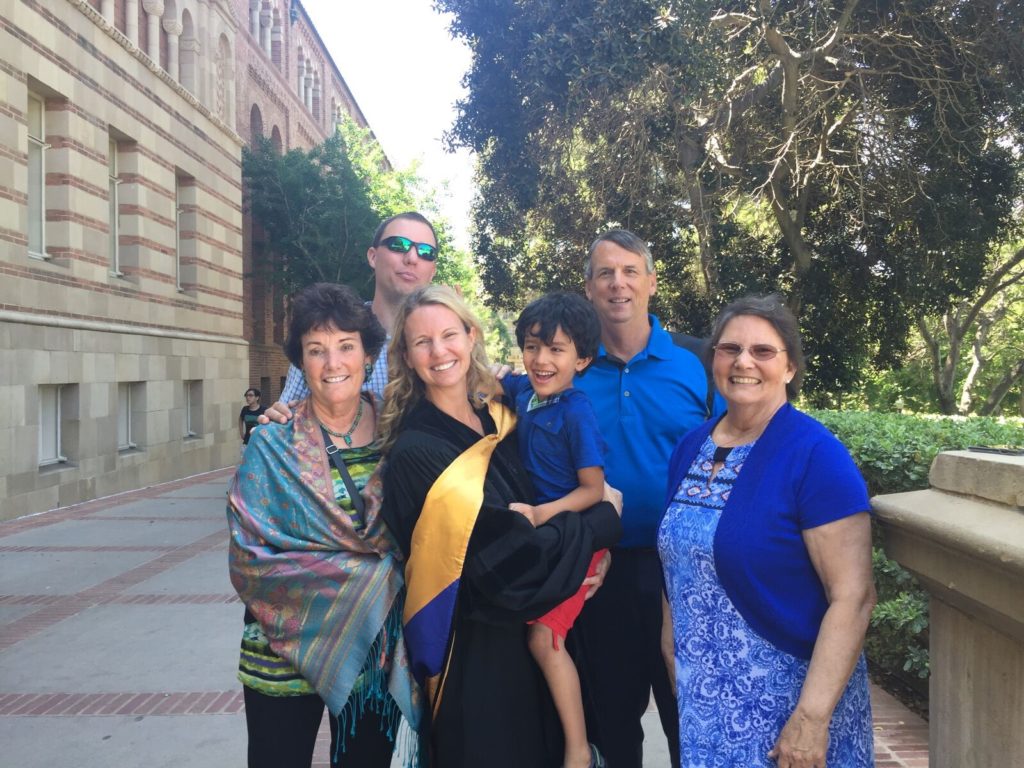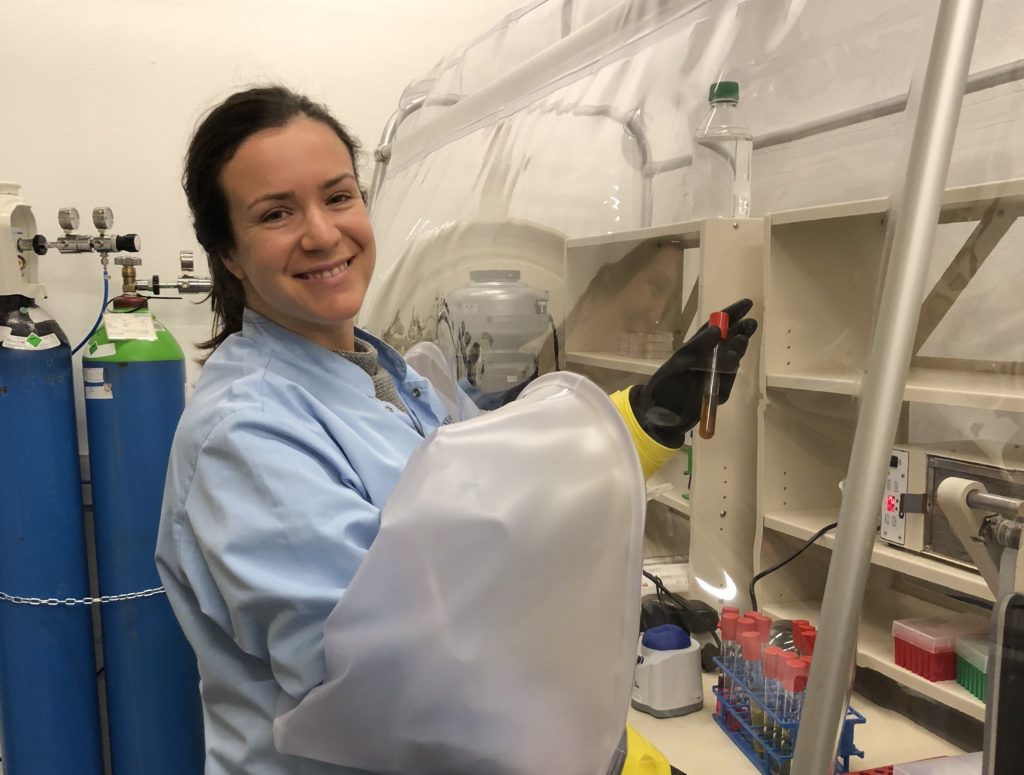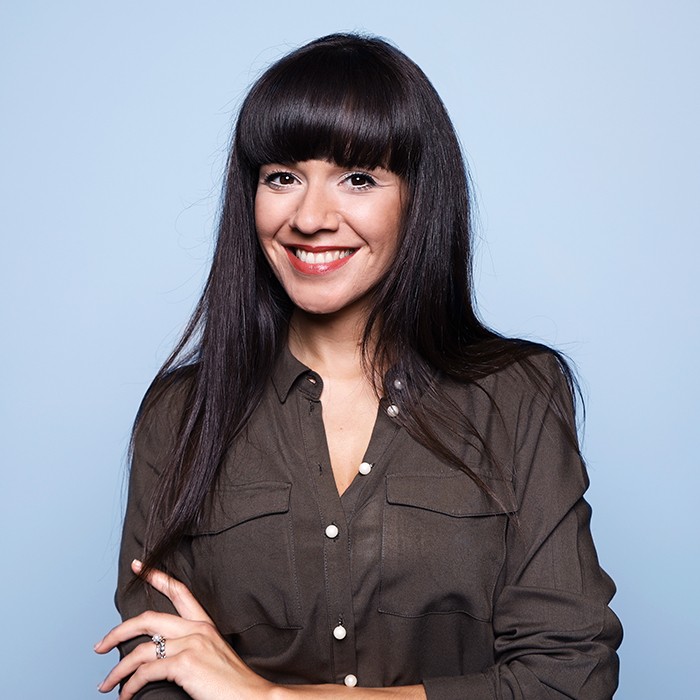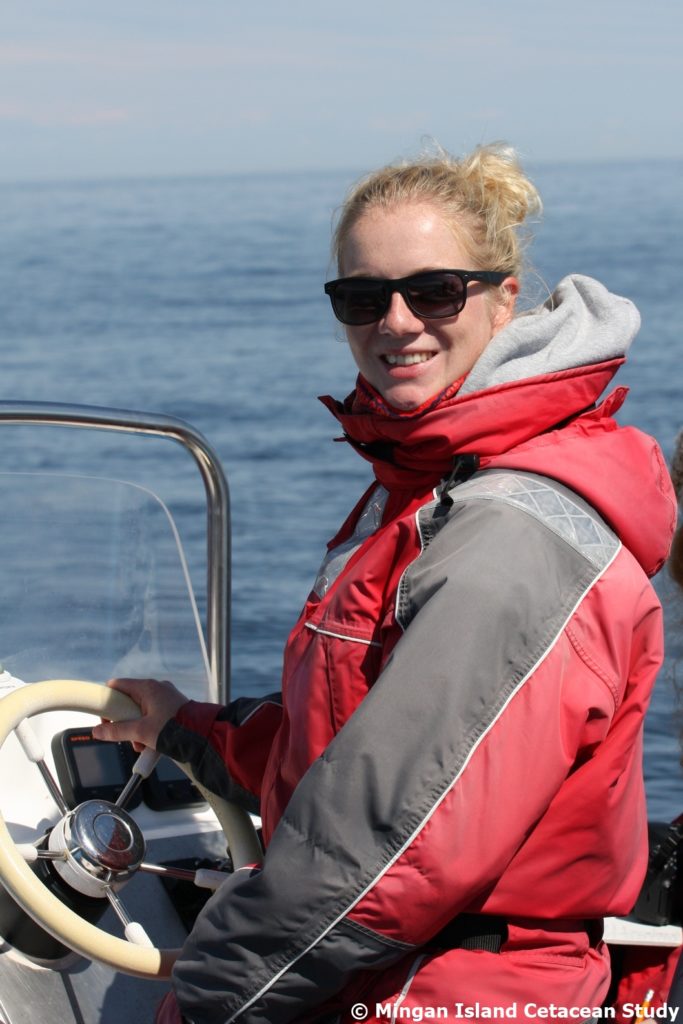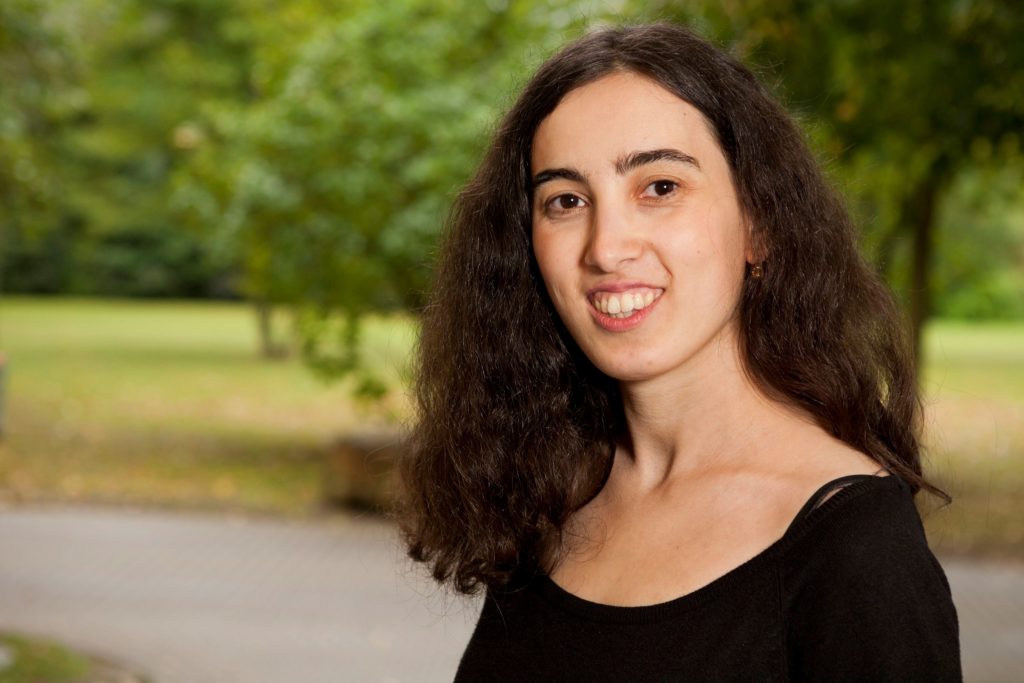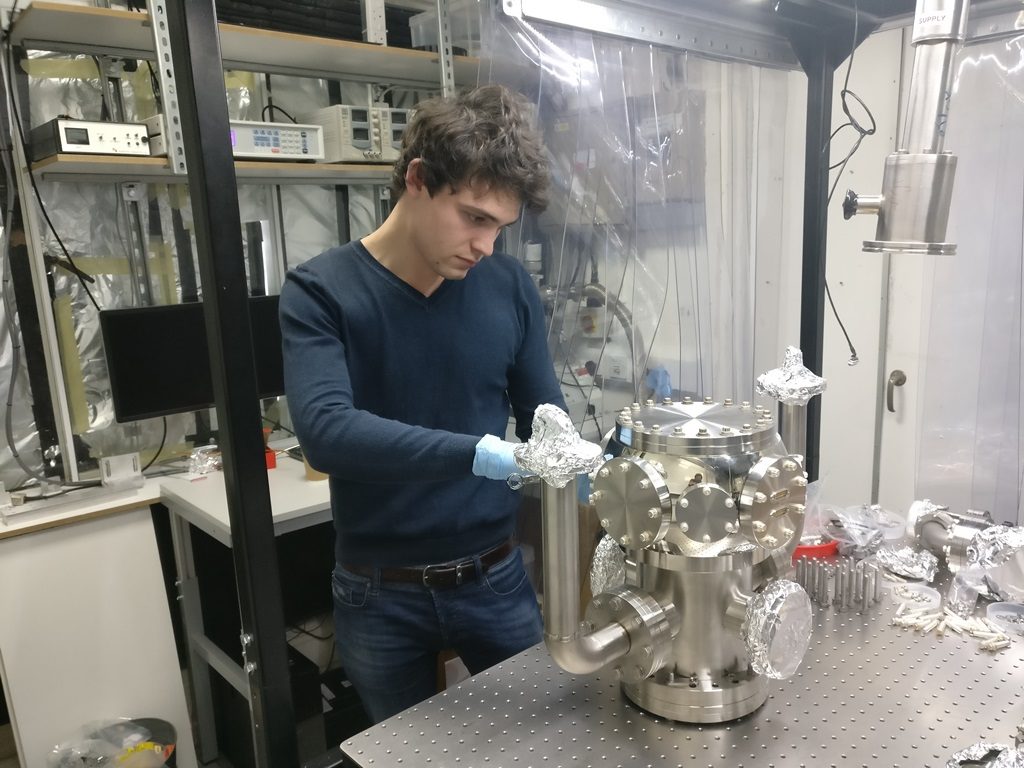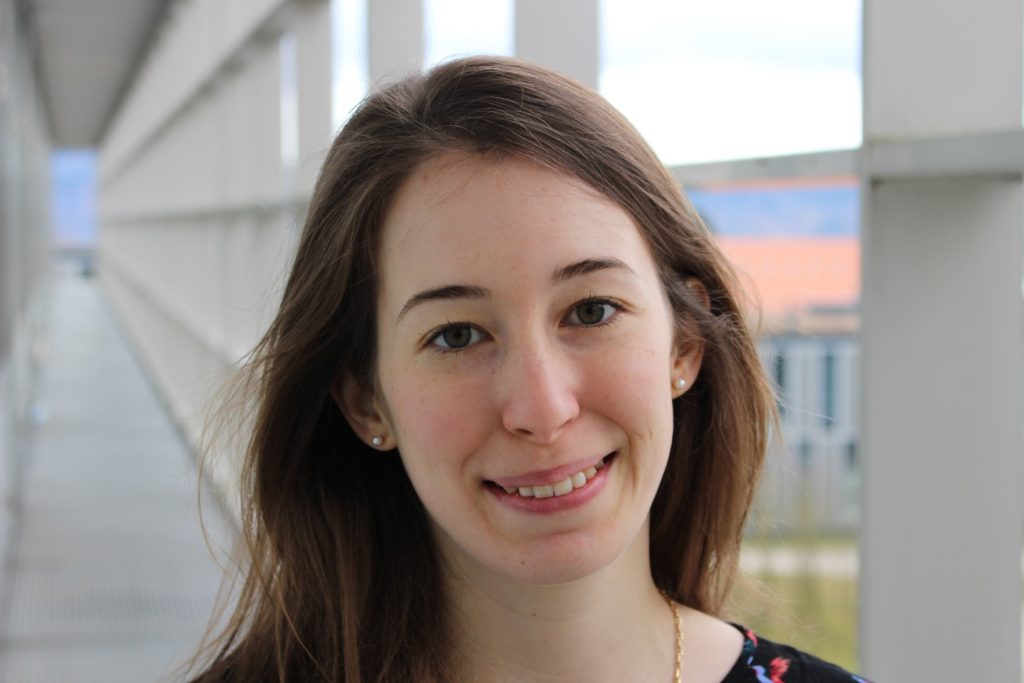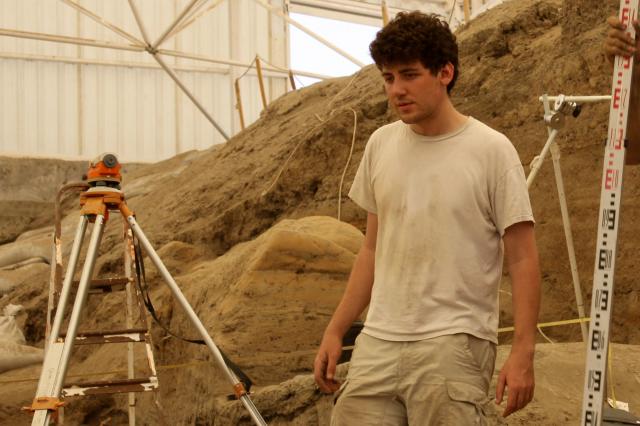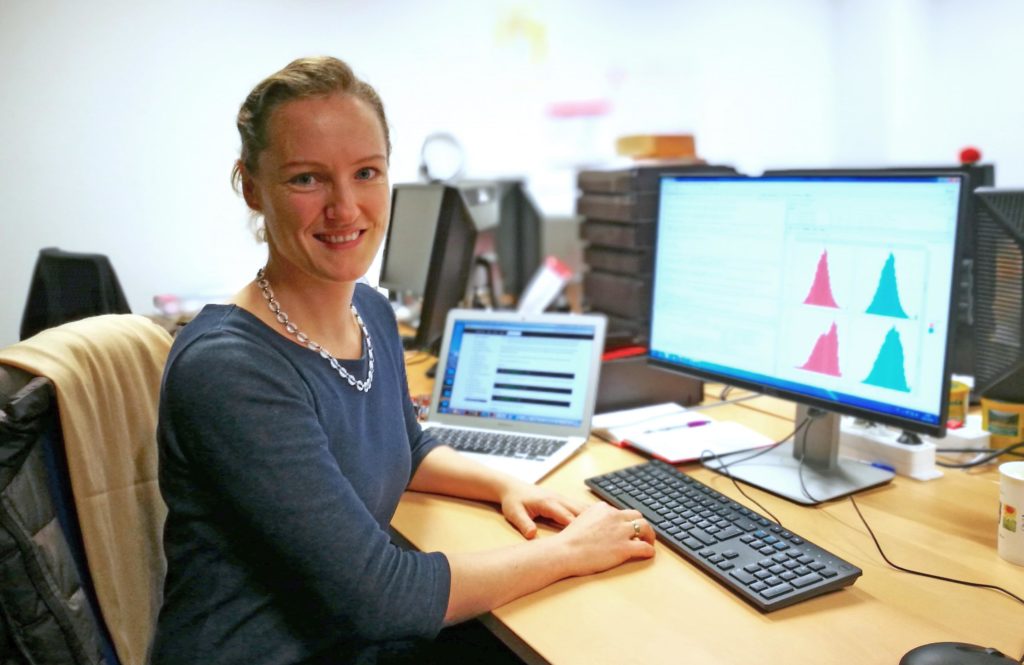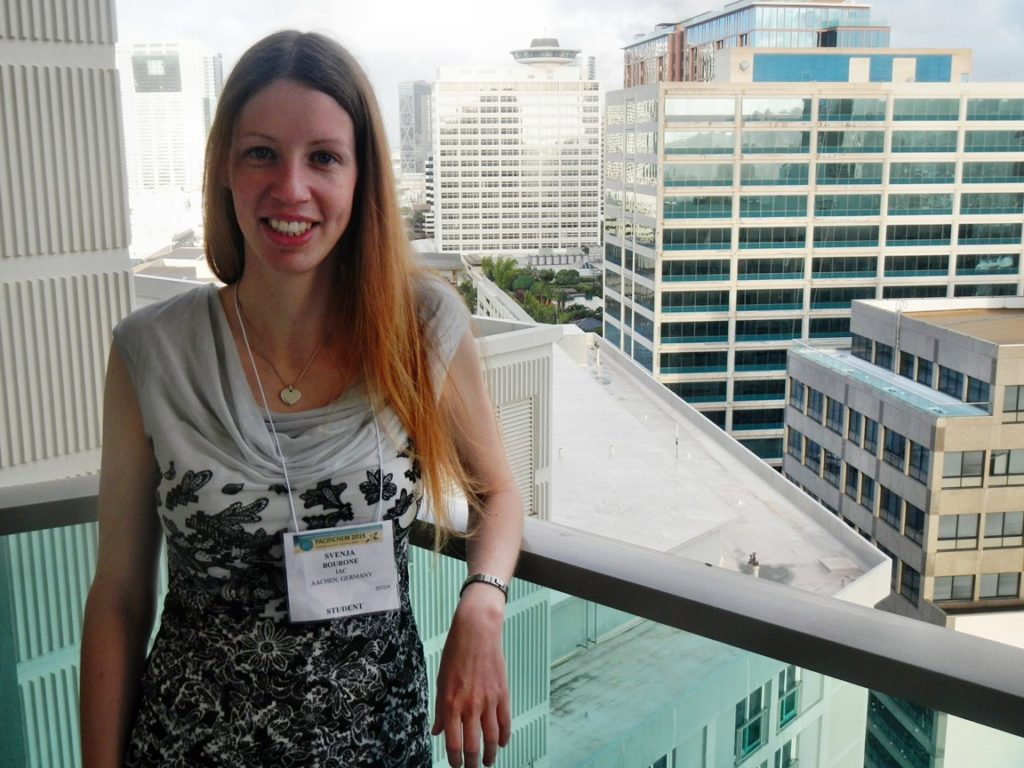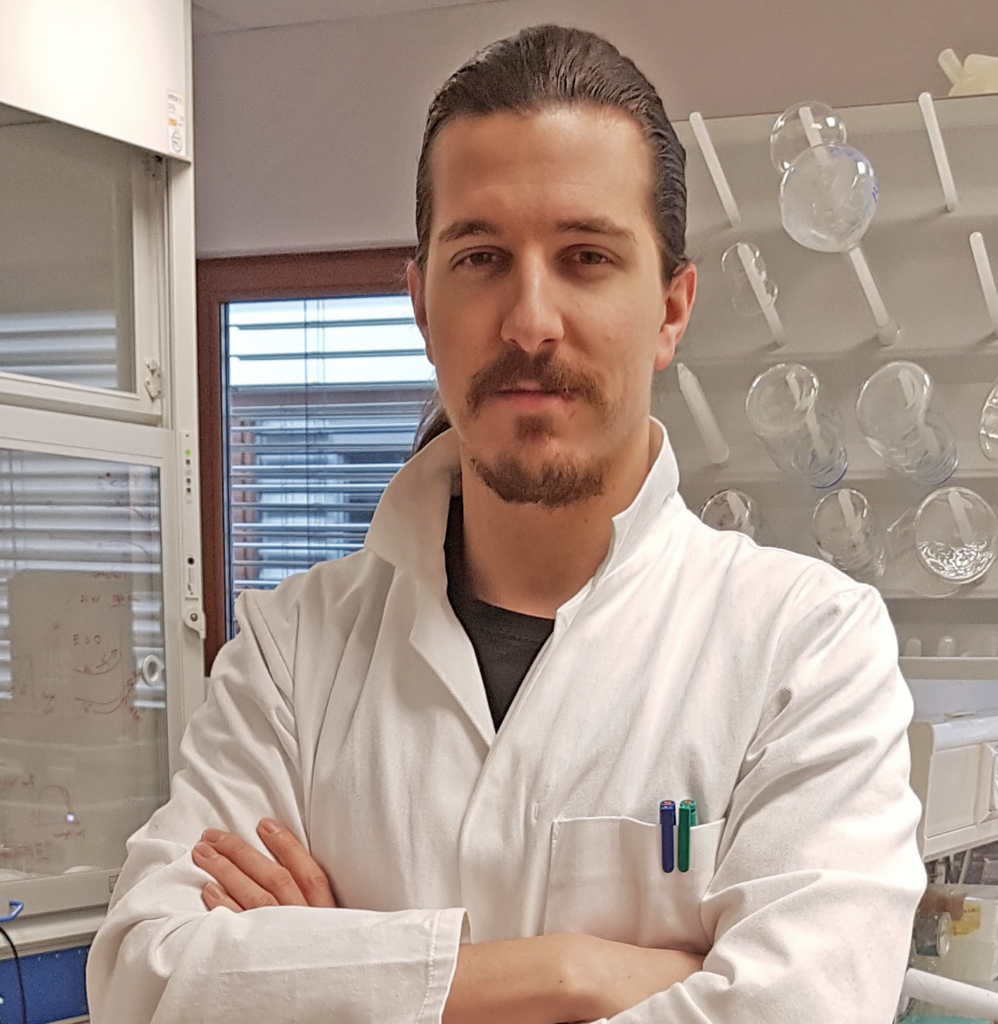PROGRAMME SUMMARY
AFR is one of the FNR’s longest-running funding schemes and now provides funding for the training of doctoral candidates only. Grants are awarded in the form of an employment contract with the host institution, rather than in the form of a scholarship.
The AFR PhD grant scheme is divided into two sub-categories:
- AFR PhD in Luxembourg (AFR Incoming): Candidates from any nationality may apply for a doctoral position in an eligible Luxembourg host institution. Candidates will have to spend >50% in Luxembourg under an employment contract with the host institution;
- AFR PhD abroad (AFR Outgoing): Luxembourg nationals, or residents in Luxembourg for more than 5 consecutive years, may apply for a doctoral position in a public higher education institution abroad. The rule for this type of AFR grants is an employment contract with the institution abroad, but in exceptional cases, grants without a work contract can be awarded.
AFR Bilateral options
AFR Bilateral: NASA AMES Research Center: This specific call is dedicated to AFR PhD or Postdoc projects conducted in cooperation between Luxembourg-based research institution and the NASA Ames Research Center (NRC). In order to be eligible, candidates require a written confirmation by NASA-Ames accepting them as visiting researchers/PhDs in their labs in case they do receive the grant. Deadline 8 March 2023.
AFR Bilateral: RIKEN IMS | Singapore | Quebec: In these AFR bilateral grants, consortia of supervisors from Luxembourg and an International collaboration partner can apply for joint projects of a duration of 4 years with up to 2 positions (PhD and/or Postdoc). The positions are considered as open positions, i.e. later grant beneficiaries (PhD and/or Postdoc) do not need to be known at submission stage. The positions are considered as open positions, i.e. later grant beneficiaries (PhD and/or Postdoc) do not need to be known at submission stage. Deadline 8 March 2023.
Results 2022 AFR Call
Of the 87 eligible proposals submitted, 26 are funded and 5 on the reserve list. This represents an FNR commitment of 5 MEUR. Read more
Results 2022 AFR Bilateral
9 projects have been retained for funding in the 2022 AFR Bilateral Call, an FNR commitment of 1.7 MEUR. Two projects are on the reserve list. Read more
FUNDING & DURATION
AFR PhD grants are funded for a maximum of 4 years.
The salary contribution will be paid until the PhD degree has been awarded with a maximum duration of 4 years. Alternatively: Beneficiaries of an AFR PhD fellowship without employment contract will receive a monthly stipend. The topping-up of the stipend up to a maximum amount per month is possible. The FNR does accept cumulating two grants for living costs of different origin up to the maximum limit indicated above. However, in case of approval of the two grants, the funder of the topping-up needs to certify their awareness of and agreement with the AFR grant.
*in case the official Luxembourg salary index changes, the above-mentioned FNR contribution will be adapted automatically by the FNR.
APPLICATION INFORMATION
- The AFR PhD programme currently has 1 Call per year. The next deadline is 8 March 2023 14:00 CET.
- Applications must be submitted jointly by the AFR candidate and the host institution (having signed the ‘joint declaration’ to be uploaded in the system before proposal submission).
- All applications must be submitted via the FNR Online Grant Management System
See also..
Latest news related to AFR PhD
AFR PhD research highlights
- All
- Cancer research
- Environmental & Earth Sciences
- Humanities & Social Sciences
- Information & Communication Technologies
- Law, Economics & Finance
- Life Sciences, Biology & Medicine
- Materials, Physics & Engineering
- Mathematics
- Science outreach
- Spotlight on Young Researchers
- Women in science

























